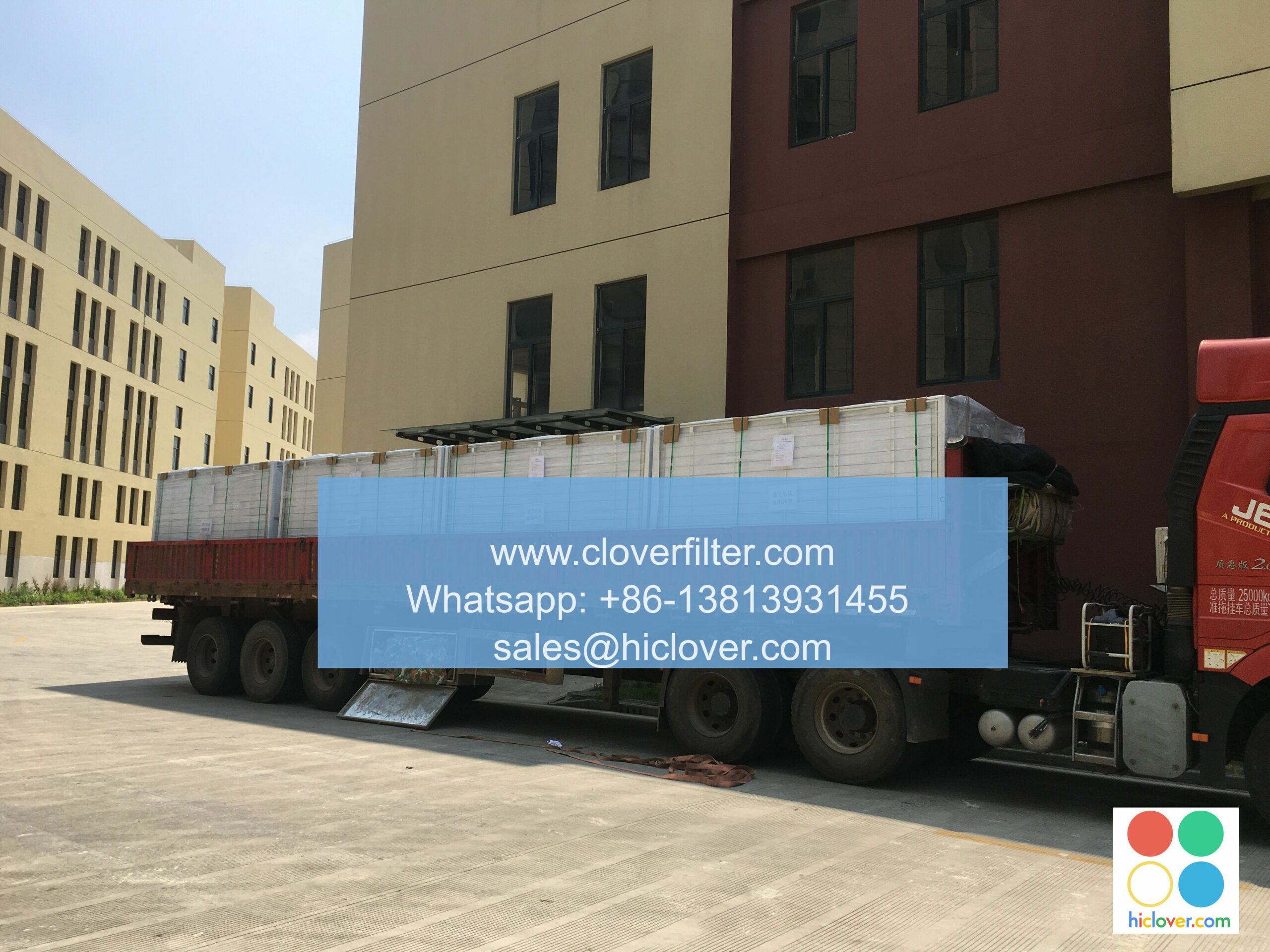Understanding the Design and Functionality of Continuous Filter Systems

Understanding the Design and Functionality of Continuous Filter Systems
What are Continuous Filter Systems?
Continuous filter systems are a type of filtration technology used to remove impurities, contaminants, and particles from a fluid or gas stream. These systems are designed to operate continuously, without the need for manual intervention, and are typically used in various industries, including power generation, oil refining, and wastewater treatment.
Design and Functionality
Continuous filter systems are designed to efficiently remove particles and impurities from a fluid or gas stream, while maintaining a high level of performance and reliability. The design of these systems is critical to their effectiveness, as it must be able to handle high-flow rates, high-pressure drops, and varying operating conditions.
Key Components
Continuous filter systems typically consist of several key components, including:
- Filter Elements: These are the physical components that actually remove the impurities from the fluid or gas stream. Filter elements can be designed in a variety of ways, including cartridge-style, bag-style, or plate-and-frame styles.
- Housings: These are the outer casings that contain the filter elements and provide a enclosure for the filter system.
- Seals and Gaskets: These are used to prevent fluid or gas from leaking out of the system and to maintain a seal between moving parts.
- Drainage Systems: These are used to remove any collected contaminants and allow for easy maintenance and cleaning of the filters.
How Continuous Filter Systems Work
Continuous filter systems work by passing the fluid or gas stream through the filter elements, which capture and retain the impurities, contaminants, and particles. The filtered fluid or gas stream is then collected and discharged, while the contaminants and particles are retained within the filter elements.
Applications
Continuous filter systems have a wide range of applications across various industries, including:
- Wastewater Treatment: Continuous filter systems are used to remove suspended solids, oil, and grease from wastewater streams.
- Power Generation: Continuous filter systems are used to remove particulate matter, coal dust, and other impurities from power plant cooling systems.
- Chemical Processing: Continuous filter systems are used to remove impurities, contaminants, and particles from chemical process streams.
- Oil Refining: Continuous filter systems are used to remove impurities, contaminants, and particles from oil streams.
Benefits
Continuous filter systems offer several benefits, including:
- High-Performance Filtration: Continuous filter systems are capable of achieving high levels of filtration efficiency, even in challenging operating conditions.
- Low-Operating Costs: Continuous filter systems are designed to operate with minimal maintenance and replacement of filter elements, reducing costs over the life of the system.
- Reliability: Continuous filter systems are designed to operate continuously, without the need for manual intervention, providing a high level of reliability and uptime.
Conclusion
In conclusion, continuous filter systems are a critical component of various industries, providing a reliable and efficient means of removing impurities, contaminants, and particles from fluid or gas streams. By understanding the design and functionality of these systems, readers can better appreciate the importance of these systems and how they can be used to improve performance, reduce operating costs, and increase reliability in a wide range of applications.
I’m happy to help! What would you like to talk about or ask? Do you have a specific topic in mind or would you like me to suggest some prompts?


